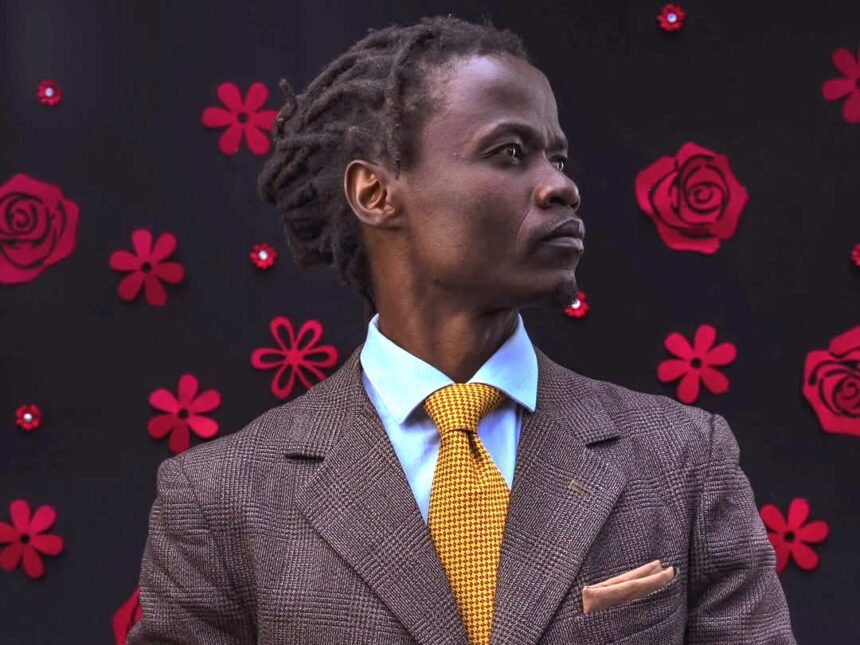Kenyan rapper and activist Juliani has once again ignited national conversation with his socially conscious track, Sheria, which is experiencing a powerful resurgence amid a wave of public outcry over police brutality and injustice. The song, originally released years ago, has found new meaning as citizens confront a troubling spike in extrajudicial killings, corruption, and abuse of power.
Sheria, which translates to “law” in Swahili, isn’t just another hip-hop track. It is a poetic yet piercing indictment of Kenya’s broken justice system. Juliani uses his lyrical prowess to highlight three urgent issues: rampant corruption, unchecked police violence, and the failure of institutions to deliver justice to ordinary citizens.
At a time when disturbing footage of police officers violently dispersing peaceful protests and targeting unarmed civilians is flooding social media, many Kenyans have turned to Sheria not just as a protest anthem, but as a prophetic voice that captured the nation’s pain long before the current crisis erupted.
One line in the song—“Machozi ya perpetrator inaeza dilute damu ya victim ilimwagika?”—has resonated deeply with the public. Loosely translated, it questions whether the tears of a perpetrator can wash away the spilled blood of their victim. For many, it encapsulates the cyclical impunity that has long plagued Kenya’s institutions.
Listeners have taken to X (formerly Twitter) to express how the song speaks to this moment in history. One post reads: “This is a @JulianiKenya appreciation tweet. From ‘Machozi ya perpetrator…’ to ‘Matanga ya Kaongo,’ this man has always stood for justice. Viva!”
Juliani has never been one to shy away from uncomfortable truths. A father of two and former gospel rapper, he has built a career rooted in social awareness. His lyrics are often used in classrooms, protests, and panel discussions to spark deeper reflection on Kenya’s societal ills. In Sheria, Juliani doesn’t just point fingers—he calls for collective action. The track urges citizens to hold leaders accountable and reminds them that justice is a responsibility shared by all, not just those in uniform or high office.
Throughout history, music has played a crucial role in activism—from South Africa’s anti-apartheid struggle to America’s civil rights movement. In Kenya, Juliani has become a torchbearer of this tradition, using rhyme and rhythm as a call to resistance. Now, amid daily headlines of violence and public outcry, Sheria has evolved into more than a song. It’s a rallying cry—a sonic banner around which Kenyans can unite, grieve, and demand change.
Adding urgency to the message is a recent tragedy in Nairobi’s Central Business District, where a police officer was caught on video fatally shooting an unarmed mask vendor. The horrifying incident, which occurred during a peaceful protest, has sparked widespread condemnation and amplified calls for systemic police reform. Kenyans are demanding answers, and Sheria is once again at the centre of that demand.
As protests swell across the country, many are asking whether Sheria will be the anthem that finally drives institutional reform—or just another poetic lament in a long history of unrest. Either way, Juliani’s words have found their moment. Whether chanted in the streets or shared in viral clips online, Sheria reminds Kenya that art can be power, and power can push for justice.












